30+ Sample Meal Plan
-
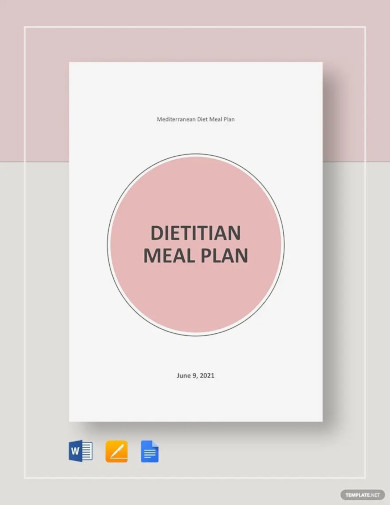
Dietitian Meal Plan Template
download now -
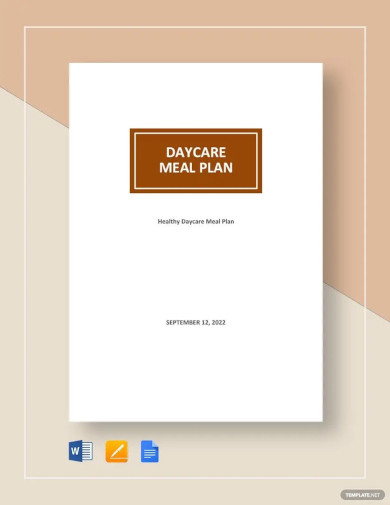
Day Care Meal Plan Template
download now -
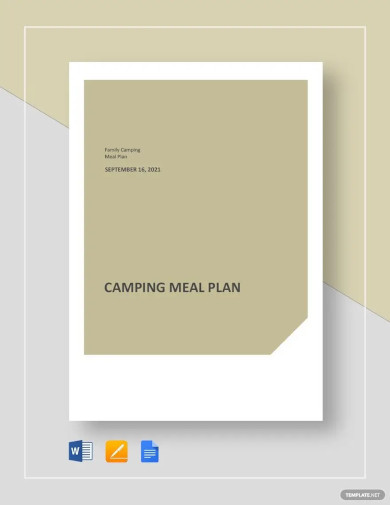
Camping Meal Plan Template
download now -
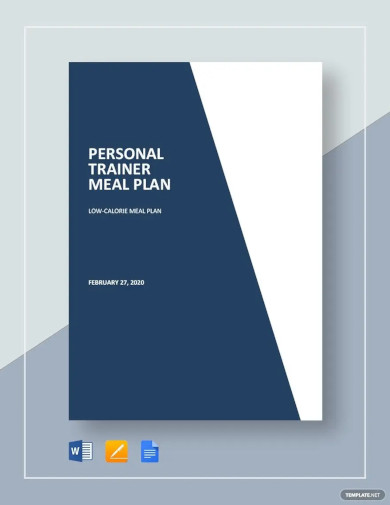
Personal Trainer Meal Plan Template
download now -
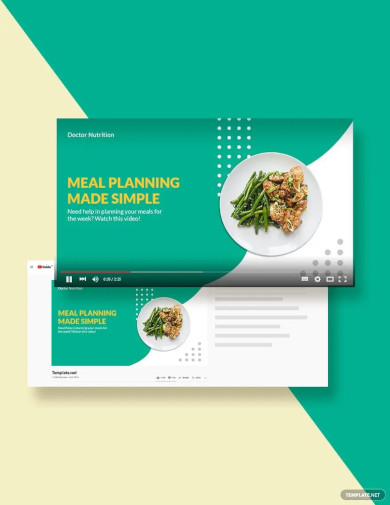
Meal Plan Food YouTube Thumbnail Template
download now -
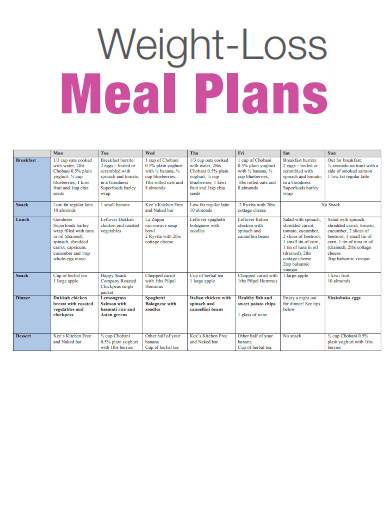
Weight Loss Meal Plan
download now -
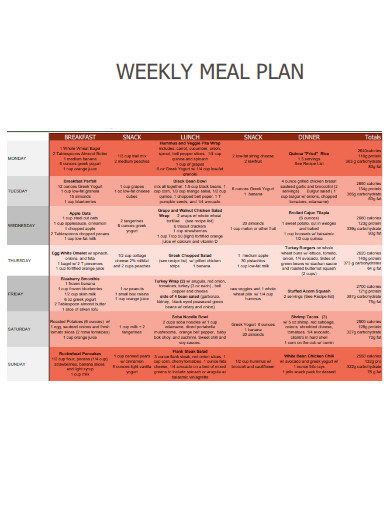
Weekly Meal Plan
download now -
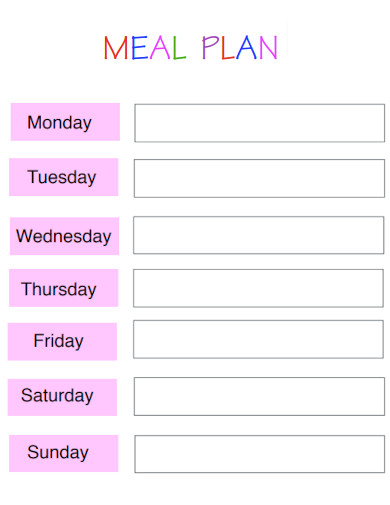
Printable Meal Plan
download now -
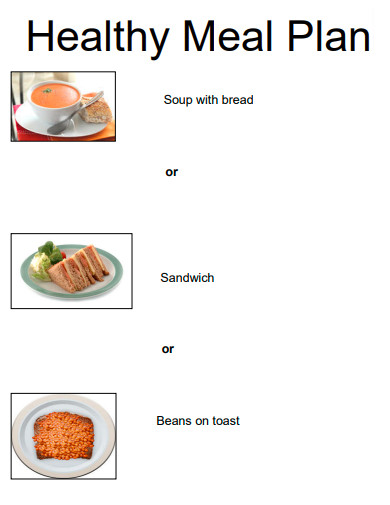
Healthy Meal Plan
download now -
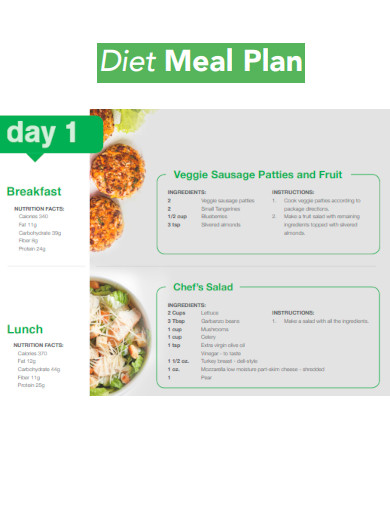
Diet Meal Plan
download now -
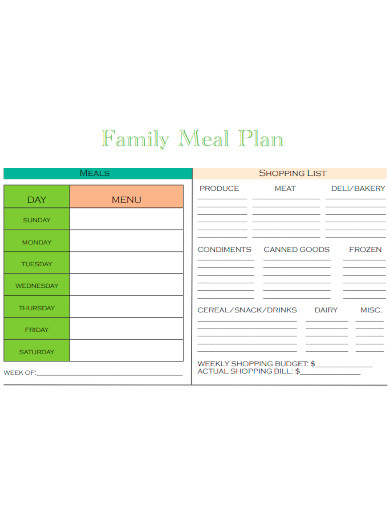
Family Meal Plan
download now -
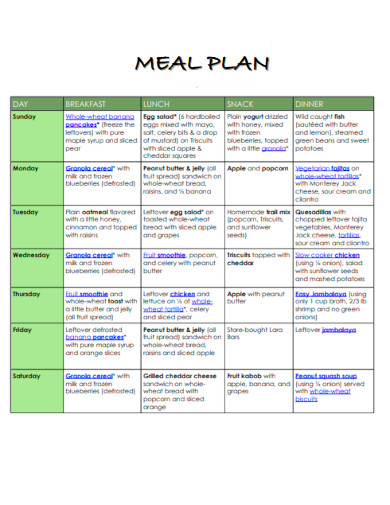
Easy Meal Plan
download now -

Vegetarian Meal Plan
download now -
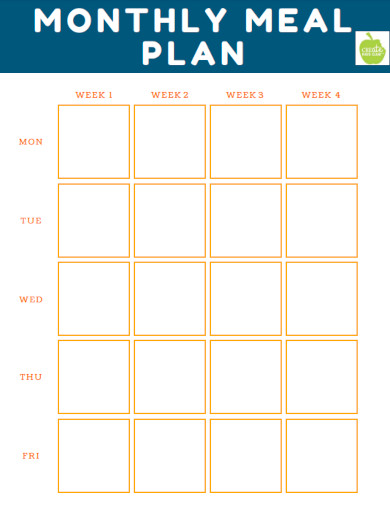
Monthly Meal Plan
download now -
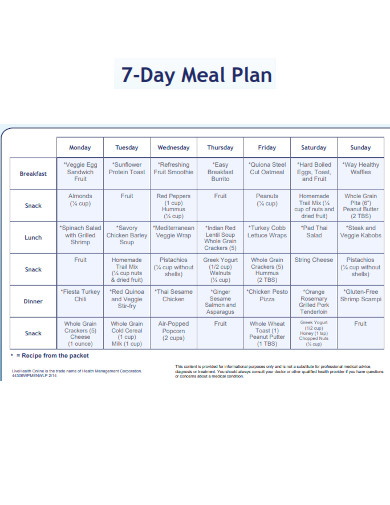
7 Day Meal Plan
download now -
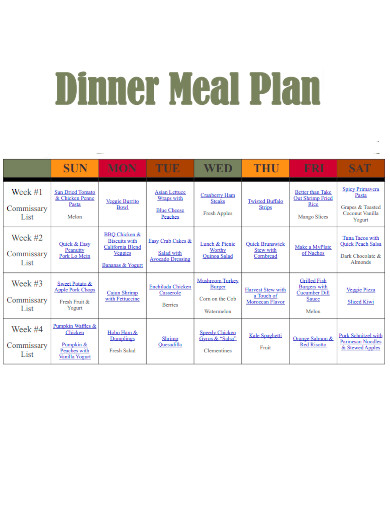
Dinner Meal Plan
download now -
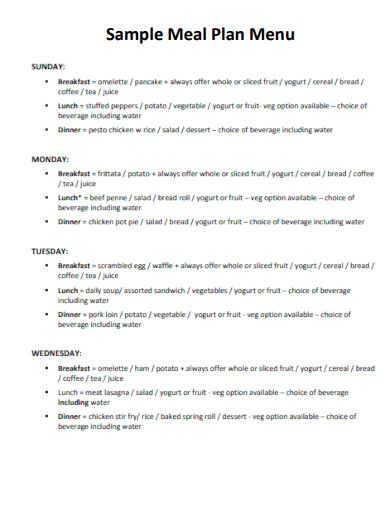
Meal Plan Menu
download now -
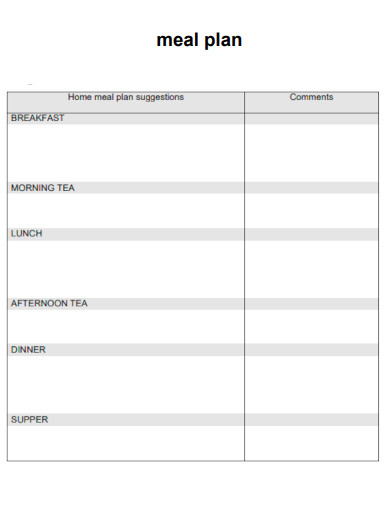
Blank Meal Plan
download now -
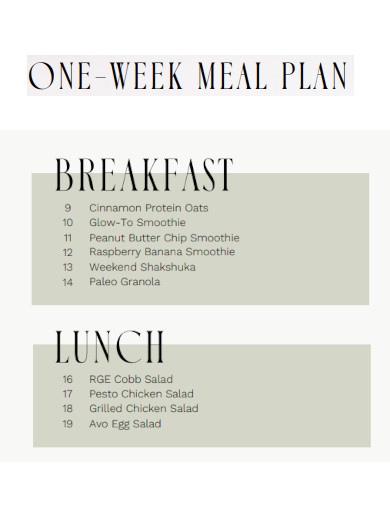
One week Meal Plan
download now -
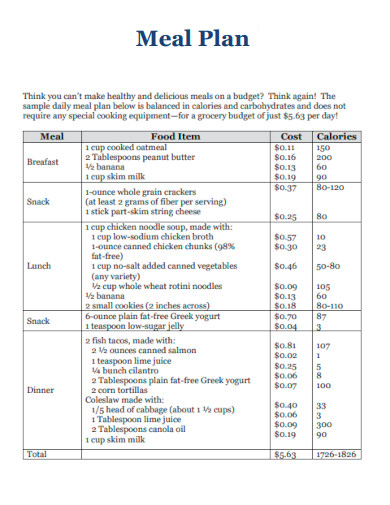
Meal Plan in PDF
download now -
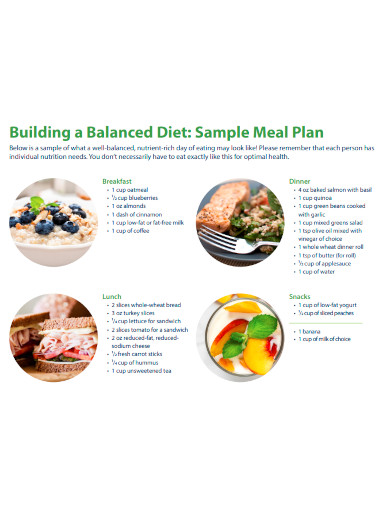
Balanced Diet Meal Plan
download now -

Filipino Meal Plan
download now -

Budget Meal Plan
download now -
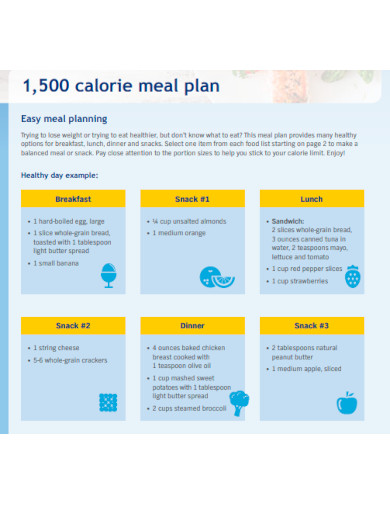
1500 Calorie Meal Plan
download now -
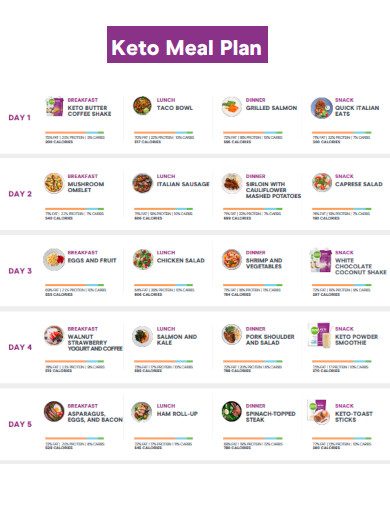
Keto Meal Plan
download now -
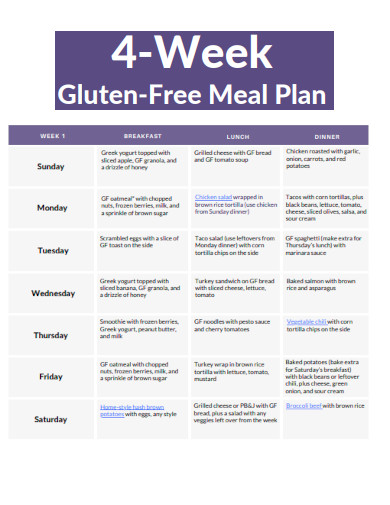
4 week Meal Plan
download now -
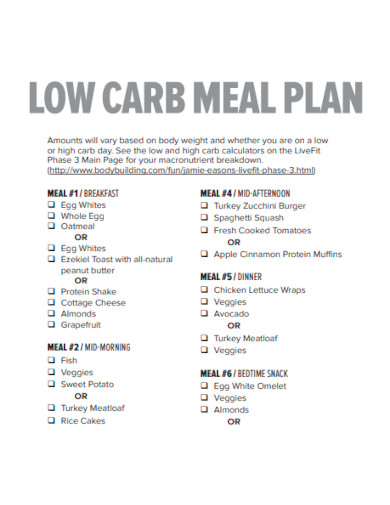
Low Carb Meal Plan
download now -
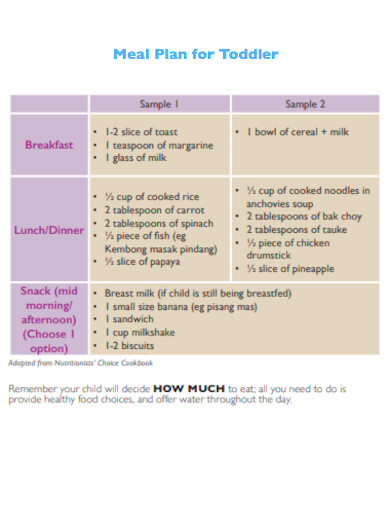
Toddler Meal Plan
download now -
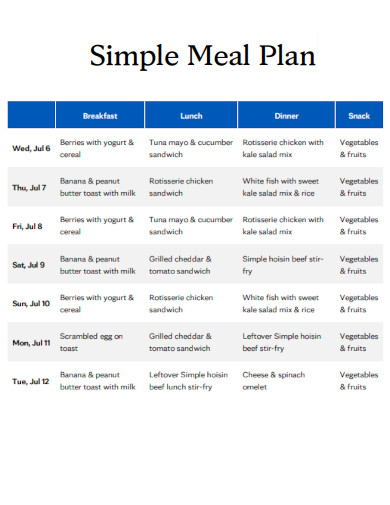
Simple Meal Plan
download now -
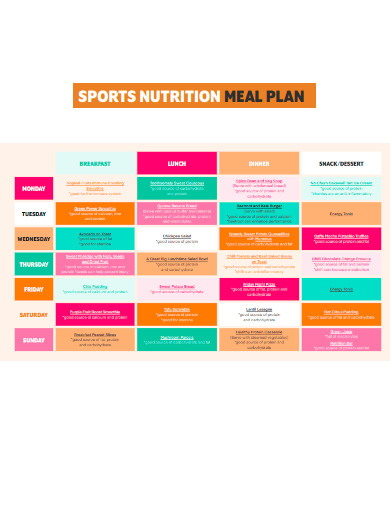
Sports Nutrition Meal Plan
download now -
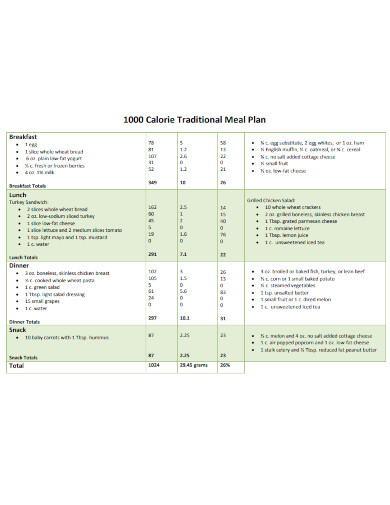
Traditional Meal Plan
download now
What is a Meal Plan?
A meal plan is a prearranged schedule or guide that outlines what and when to eat at a specific time. This is a good approach to organizing your meals to keep your dietary goals. Meal plans can help us maintain a balanced diet and simplify meal preparation. Some examples of meal plans are a keto meal plan, a whole 30 meal plan, a Mediterranean diet meal plan, a low carb meal plan, a carnivore diet meal plan, a 1200 calorie meal plan, a diabetic meal plan, a Vegan meal plan, a weekly meal plan, and a vegetarian meal plan.
Healthy meal plans can help us a lot so that we can maintain a healthy body. Every meal plan varies on personal preferences, dietary restrictions, health goals, and cultural considerations. To maintain good meal plans, you may need a meal planner or a weekly meal planner. This planner will record your meal plans so that you can evaluate if you are heading in the right direction. Typically, meal plans include breakfast, lunch, dinner, and snacks for each day of the designated time period. The meal plan specifies the portion sizes for each meal. Cooking methods and ingredients are also included in the meal plan. Usually, meal plans are created by the individual themselves, but if you like you can hire a professional for this. You can hire a nutritionist or dietitian to make the meal plan for you. Through this, you can ensure that you will surely have a balanced diet.
Tips on Meal Plan
Meal plans should be flexible and adaptable to meet dietary needs. Getting the help of a registered dietitian is very recommended. This is to ensure that you will have a good meal plan. A personalized meal plan that will be aligned with your specific goals and health requirements is very important. That is why you may need to use some tips for your meal plan. You can apply the following practical tips:
How to Create a Meal Plan
Creating a meal plan can be vital because you have to ensure that you can meet your nutritional needs. So, how are you going to create a meal plan? Do the following steps:
1. Determine Your Goals
First, define your goals for the meal plan. Do you want to lose weight? Do you want to gain muscles? Or do you just simply want to maintain a healthy diet? Or do you need to manage a health condition? Know your purpose so that you can create a meal plan according to it.
2. Calculate Nutrient Needs
Assess your current eating habits. Identify areas that you need adjustments. Then calculate your calorie and nutrient needs. Base this on your age, goals, activity level, and metabolism. You can use online calculators to help with this process.
3. Plan Meals for Each Day
Then begin planning meals for each day of the week. Aim for consistency and balance in your meal structure. Choose nutrient-rich foods. Pay attention to portion sizes.
4. Consider Meal Timing
Determine the timing of your meals. Set a good schedule for your meal plan. Choose a pattern that works best for you. Then be flexible and open to adjustments as you navigate your meal plan. Keep a record of your meals and monitor your progress.
FAQs
What are the advantages of a meal plan?
The advantages of a meal plan are nutritional balance, time-saving, healthy food choices, weight management, dietary adherence, and a good routine.
How do I stay motivated with my meal plan?
Getting motivated can be a challenge for you. To be able to stay motivated, set realistic goals and track your progress. When you see that you are achieving something, you can stay motivated.
Making meal plans is the best way to stay healthy. Not only can you eat the best foods every time, but you can allow yourself to meet health requirements. Create a meal plan that you can follow every day. This can benefit you so that you can have a healthy body. Eat well!
